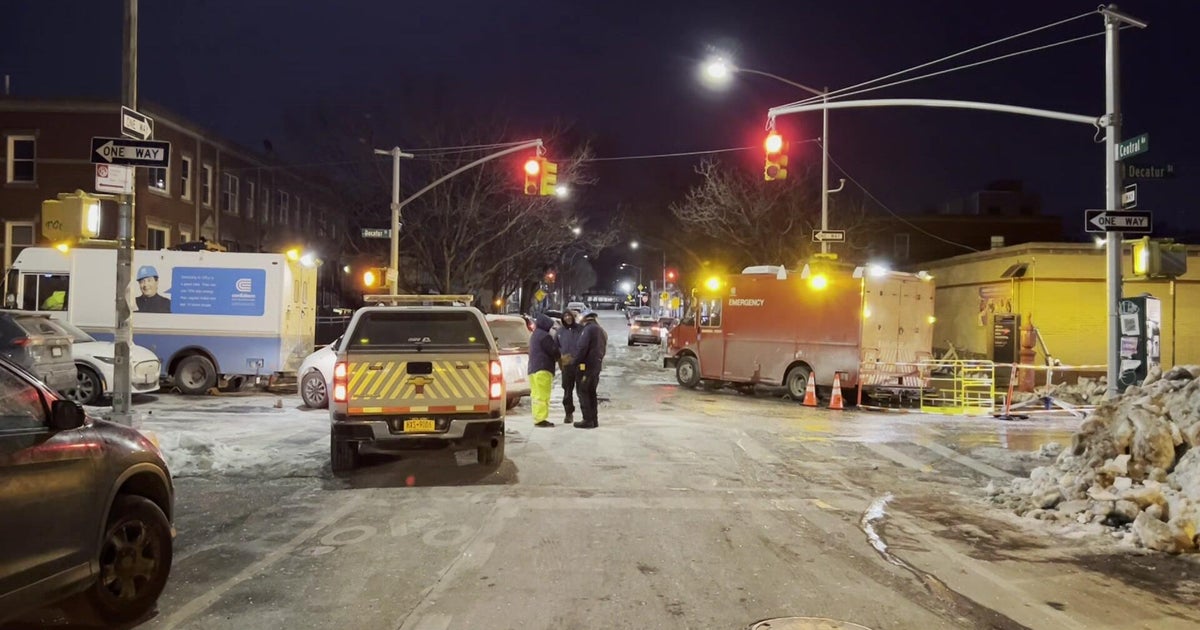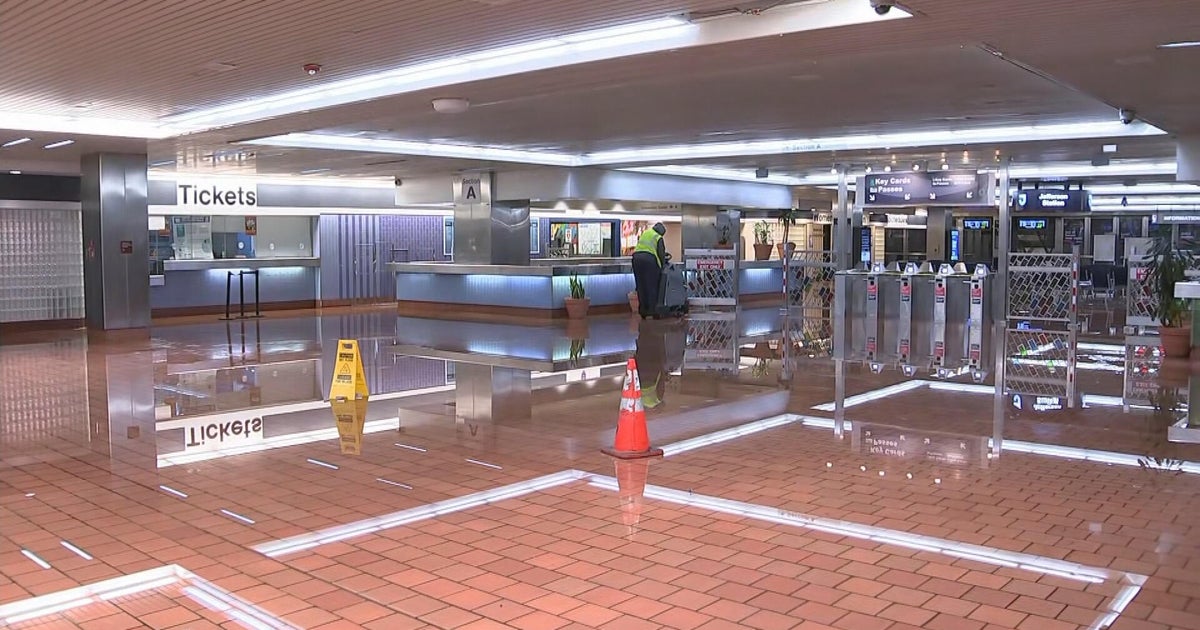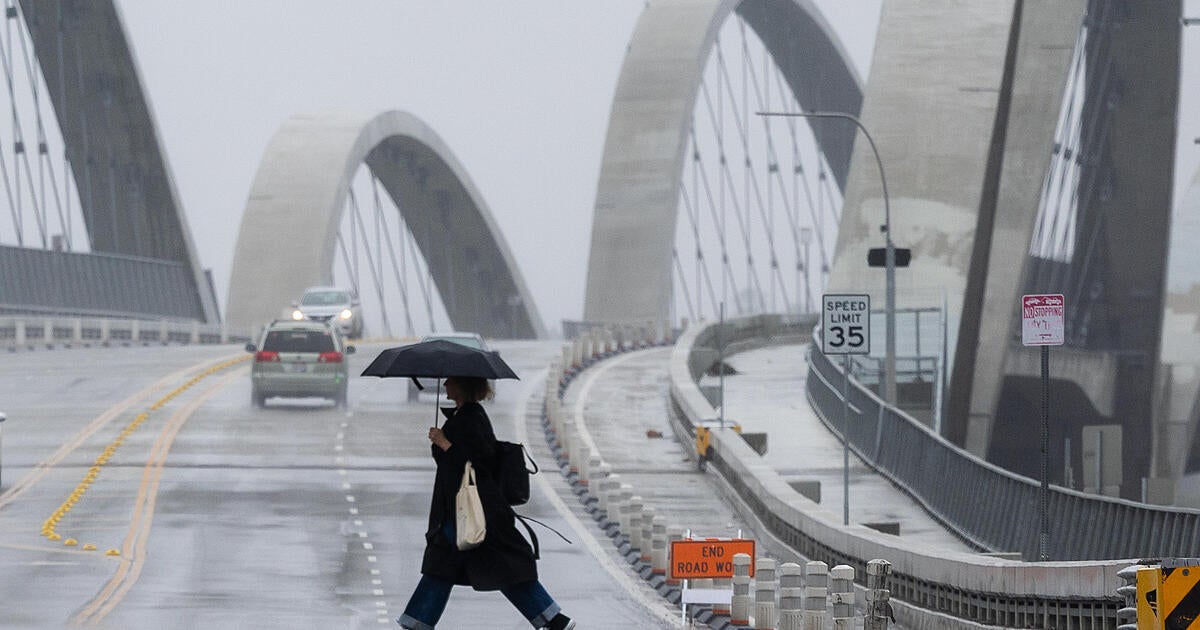At Texas Capitol Hearing, Oncor CEO Explains Whose Lights Stayed On & Why Outages Lasted Longer Than Intended
AUSTIN, Texas (CBSDFW.COM) - The CEO of Oncor Electric Delivery, Allen Nye began his testimony before the State Senate Friday, Feb. 26, just as the CEOs of others in the energy sector.
"I want to say that I completely understand all the outrage and anger of all Texans."
Nye appeared during the second straight day of hearings at the Texas Capitol in which the Senate's Business and Commerce Committee and the House State Affairs and Energy Committees investigated what led up to last week's widespread outages causing millions of Texans to lose electricity, heat, and water for days.
Nye testified when the first winter storm blew across Texas overnight February 15, the state's electric grid operator, ERCOT, repeatedly ordered them to cut off power to more of their customers to prevent a catastrophic blackout.
"We were two/one-thousandths of 1% of tripping the last safety blanket this state has."
Initially, he said their intention was to do rolling outages, for 15 minutes on, 30 minutes off.
But he said that was impossible because power plant operators kept going offline and there wasn't enough supply to meet the demand.
"Generation was dropping so fast and we would be told it's about to come back and we would stay up all night waiting for it and it would never show. Or a little bit would, and something else would drop. I couldn't estimate during those periods whether generation would come back so that I could get it to your house. I had no idea."
Nye said Oncor should have done a better job communicating with customers why many of them had to stay in the dark for so long.
He also told lawmakers why the lights stayed on for about 40% of their customers.
"If you happen to live on a feeder which also goes to a hospital or if you happen to live on a feeder that goes to a 911 call center, then you also are not rotated."
That left about 50% of the customers to deal with power outages.
In a moment of candor, he said he didn't realize that his house was on such a feeder, until he woke up with the lights still on.
He's not near any critical infrastructure, and so he said called his company to tell them to cut his power, which also impacted his neighbors.
In all, Nye told lawmakers about 1.3 million customers lost power.
Most of those were because there weren't enough power plants operating.
Of those, he said about 140,000 customers were in the dark because Oncor's power lines iced up during the storms.
As CBS 11 has reported, natural gas processors lost power in the field, making it impossible to deliver natural gas to power plants in need of fuel to operate.
Before the House committees Friday, the chair of the Railroad Commission of Texas, Christi Craddick which oversees the gas industry, said ERCOT didn't realize what was happening. "When I say there's a lack of communication from ERCOT, they didn't understand that they needed a continuous gas flow to be able to put gas into power plants."
Nye said before the storm they had identified 35 gas facilities that needed to continue receiving electricity.
But after the outages began, Nye said he received calls from many more them. "During the event, we added 168 new gas critical facilities. We turned them all on immediately and we kept them on the entire time."
He told lawmakers that his company and other transmission owners, power plant operators, and the gas industry need to develop an updated list.
Energy experts have told CBS 11 that improvements need to be made to both the electric and gas grids holistically to prevent the kind of widespread power outages that happened last week.
On Thursday, the first day of hearings, Curt Morgan, CEO of Vistra Corporation of Irving, which operates power plants, told the House Committees that unless the state has integrated and seamless gas and power systems, the same problem will happen again.
Morgan recommended a single authority oversee both systems, but that's not the case now.
While the Railroad Commission regulates the gas industry, ERCOT oversees the electric grid and reports to the Public Utility Commission of Texas.







